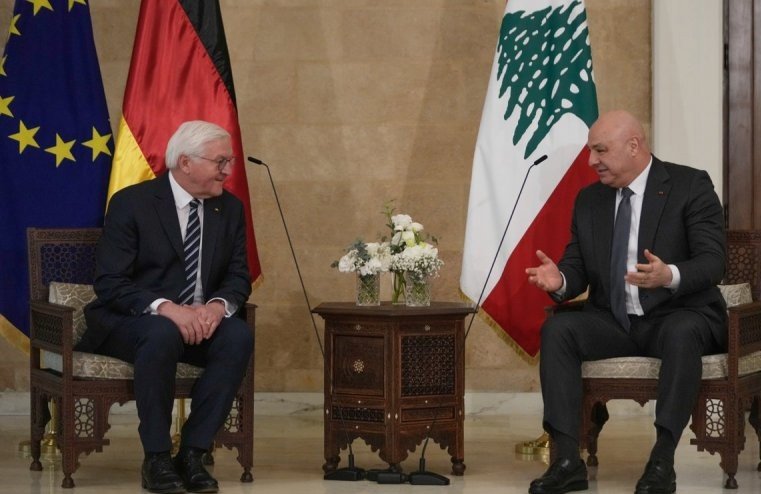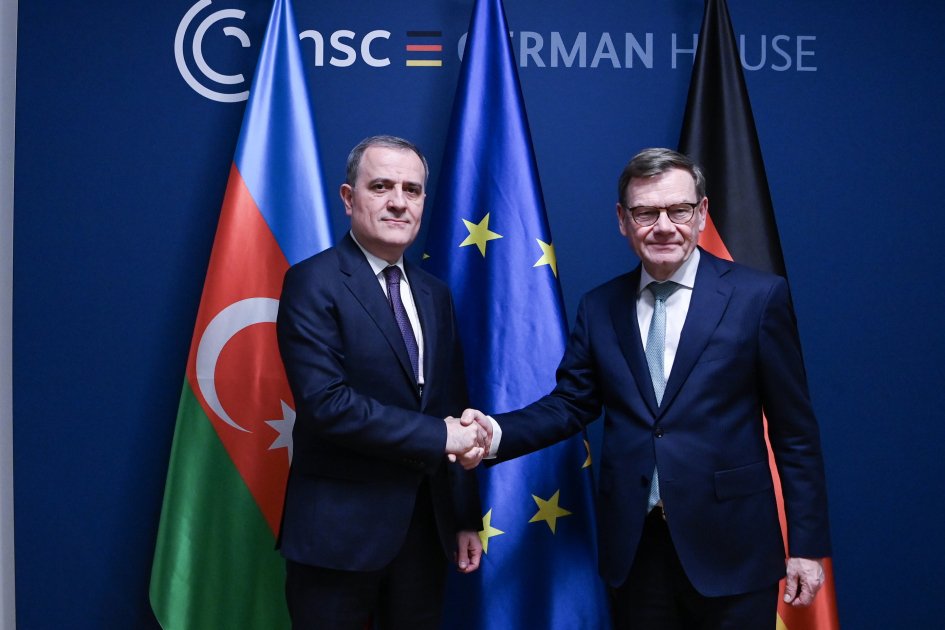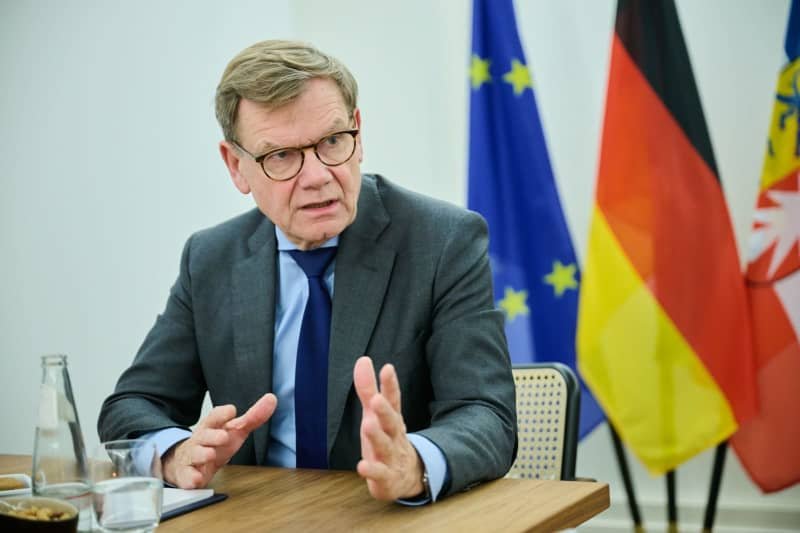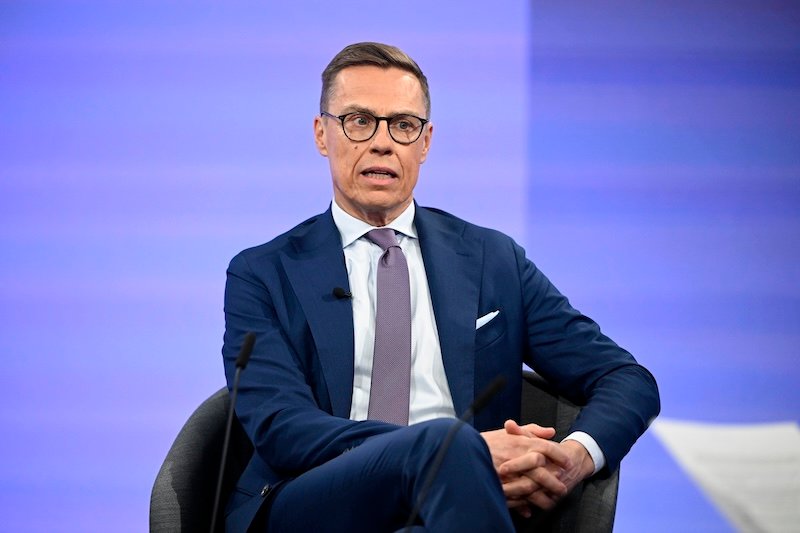Berlin, June 21, 2024, The Europe Today: Chancellor Olaf Scholz has reassured German state leaders that the examination of asylum procedures in third countries will proceed. Following a meeting with state premiers in Berlin on Thursday evening, Scholz confirmed a “firm agreement to continue the process.”
Scholz announced that he plans to present the proposals at the next meeting of federal and state government leaders in December. The meeting followed calls from states for a review of “concrete models” for asylum processing in third countries, prompting the Interior Ministry to consult experts on the matter.
This examination draws on the UK’s plans for asylum procedures in Rwanda and Italy’s agreement for asylum procedures in Albania. However, experts have expressed skepticism about the feasibility of these models in Germany, citing significant legal and practical obstacles.
While Scholz refrained from speculating on which model might be adopted, he emphasized the need for a careful examination. “It will now be carefully examined further,” he stated.
Interior Minister Nancy Faeser suggested that third-country processing of asylum claims could be a “building block” in German migration policy but noted that it would not fundamentally alter the migration situation or affect the number of asylum seekers in Germany. The feasibility of finding a country willing to accept asylum seekers from Germany remains uncertain.
Lower Saxony Premier Stephan Weil of Scholz’s center-left Social Democrats expressed skepticism about outsourcing asylum processing. He highlighted numerous questions raised during the expert hearing and advised caution to those assuming the investigation would yield a positive outcome.
Conversely, Hesse Premier Boris Rhein, from the conservative Christian Democratic Union, expressed confidence that both federal and state governments would move beyond expert opinions to develop “models and concrete proposals for implementation.” Rhein described this as a “milestone” towards establishing a practicable solution for Germany.
The ongoing discussions underscore the complexities of managing asylum procedures and the diverse opinions among German leaders on how to address the challenges posed by migration.














